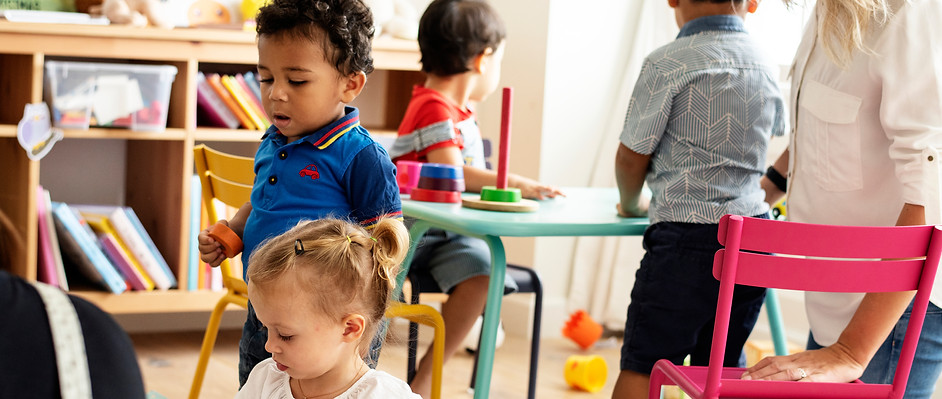
.jpg)

General Resources for Implementation Support
How to Choose a Social Emotional Curriculum
Programs and Practices that Promote Social and Emotional Learning in Preschool
Creating Policies to Support Healthy Schools: Policymaker, Educator, and Student Perspectives
TA Network Early Childhood Learning Community
This Learning community provides an opportunity to discuss practical strategies for meeting the needs of young children and their families using the System of Care approach. Join upcoming webinars.
Coaching Resources
NCPMI Unpacking Coaching Webinar July 10, 2019 3pm EDT Coaching Conversations: Using Constructive and Supportive Feedback to Build Practitioners’ Confidence and Competence
Tier 2: Promoting the Social Emotional Development of Children with Whom You Work
Pyramid Model Fidelity Measures
Below are the system, program, and individual classroom or practitioner measures to assess and support fidelity implementation of the Pyramid Model. Those implementing the model should utilize these Fidelity Measures to ensure best practices.
Benchmarks of Quality - Statewide
Benchmarks of Quality - Education Setting Program Wide
Benchmarks of Quality for Part C Early Intervention Home-Based Work
Benchmarks of Quality for Home-Based Childcare
Inventory of Practices Universal for Classrooms
Inventory of Practices for 0-3 Classrooms

Outcomes Monitoring System (OMS)
The SEFEL Outcomes Monitoring System (OMS) was built to support the Pyramid Model initiative in Maryland. The SEFEL OMS provides ongoing fidelity and outcomes monitoring of programs using the Pyramid Model for the state of Maryland, which help to enhance children's social and emotional development and school readiness. The OMS evaluation will help to improve training and implementation efforts and also provide data that helps move programs to implement the Pyramid Model in a more standardized way.
Resources for Teachers and Providers
We now know that teaching social and emotional skills in young children is essential for a child’s success in school and later in life. Teachers and Early Intervention Providers play an important role in the development of social emotional skills in the children they work with. Teachers and Providers should work with parents and caregivers to help them understand the importance of the development of these skills in their children. The resources below are categorized by tier of the Pyramid Model and provide resources for Teacher and Providers to use in the classroom and in home visits.
Tier 1: Building Nurturing and Responsive Relationships with the Children with Whom You Work and Building Supportive Environments
SEFEL Classroom Self-Assessment
Prior to school starting, center staff can use this form to review SEFEL implementation. The form can be used throughout the year to ensure SEFEL effectiveness is sustained and/or improved.
Tier 3: Addressing Persistent Challenging Behavior
For Families
Trauma Informed Care


.png)